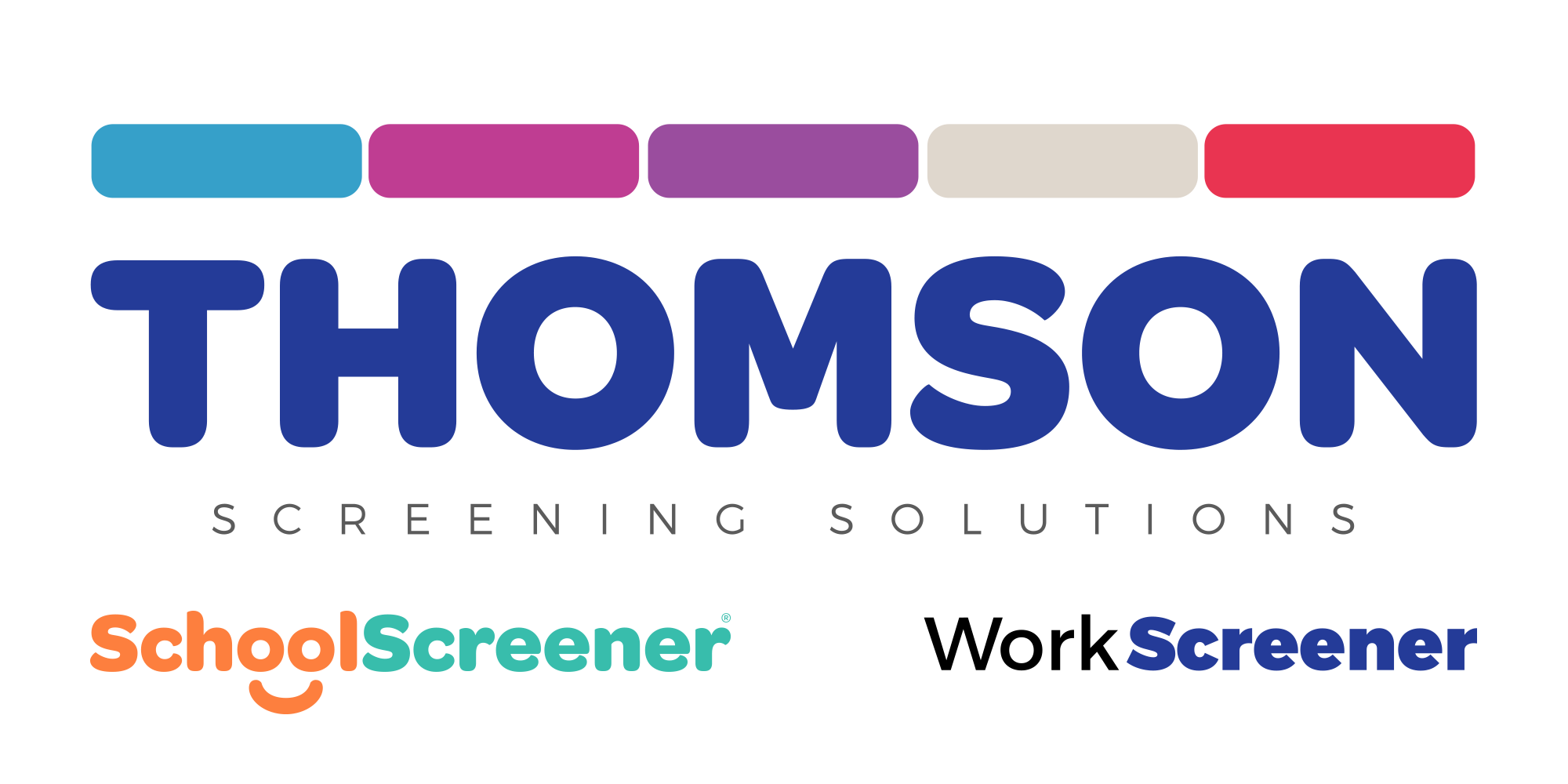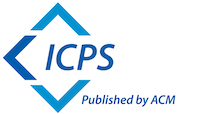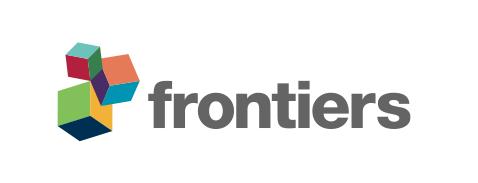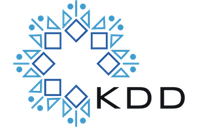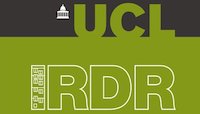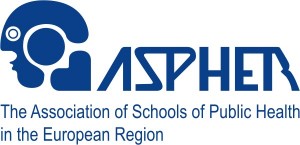
This project has been shortlisted for the DPH Innovation Prize 2019 – Best Partnership
Team: Patty Kostkova, Caroline Wood, Sade Ogunsola, Georgiana Birjovanu, Patrick Okonji et al. (University College London, Lagos University College of Medicine)
Outline: Background: Many deaths caused by infectious diseases in lower-income countries could be avoided by better infection prevention and control practices including appropriate prescribing of antibiotics. Good Antimicrobial Stewardship (AMS) means effective use of antibiotics including compliance with published guidance, reduced instances of inappropriate prescription, dosage, duration and use of broad-spectrum antibiotics. At present there is no coherent antimicrobial stewardship framework and training programme in Africa. Just 4% of LMICs have national AMR plans in place and only 15% have national IP&C policies. As high as 20-50% of antimicrobial use in Africa is thought to be inappropriate. Through a unique cross-disciplinary partnership connecting UK and Nigerian partners, the GADSA project aims to improve antibiotic stewardship amongst surgeons in Nigeria through a gamified decision support app integrating WHO and Sanford antimicrobial guidelines. To our knowledge, the GADSA app is the first of its kind to integrate principles of behaviour change, gamification and customisable decision tree-based algorithm technology integrating published evidence-based guidance to deliver support at the point of care.
About the GADSA app: The app starts by asking the user to enter a patient, their details and the procedure they will undergo. They then make four decisions: the risk of the procedure, whether antibiotics are required for surgery, (if yes) which antibiotics and the dosage that will be administered. After each decision, a cheerful ‘mentor’ character reinforces learning by providing positive/negative feedback based on the user’s compliance to WHO/Sanford guidelines. Users can change non-compliant decisions or choose to stick with their original choice, being prompted to provide a rationale for the latter. They receive badges for interaction with the app, are sent support and encouragement through daily motivational WhatsApp messages and have access to technical support if required.
Our unique partnership: The team behind the GADSA project comprises a powerful combination of academic researchers, graphic designers, software developers, infection control specialists and medical professionals. Development of the app was completed entirely through a co-design process, with regular input from surgeons at site in Nigeria through surveys, questionnaires and focus groups. It is unique in working at the intersection between different disciplines (e.g. medicine, computer science, behavioural science) but also in working across countries to develop an effective, scalable digital solution to countries in the battle against the global threat of Antimicrobial Resistance. We work in partnership with the Director of the largest African Infection Control Network (ICAN).
Impact of the product: Though real-time data collection, GADSA is the first app to demonstrate effectiveness in lowering prescription rates and identify barriers and reasons for non-compliance. Its cutting-edge technology is currently being evaluated at the point of care at three hospital sites in Nigeria. Data from the evaluation is already showing positive impact of the app, on prescribing practice. Further, the technical infrastructure and decision tree algorithms underpinning GADSA can be localised to any context and setting making it extremely adaptable for a wide-range of countries and localities on a global scale. This is something we are currently exploring with industry partners as we continue to evaluate the huge potential of the GADSA app!

